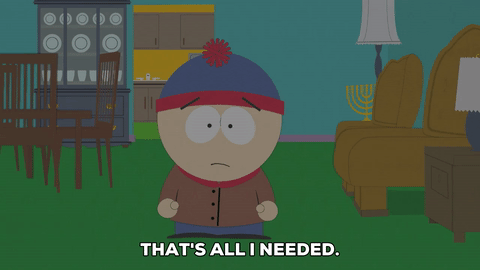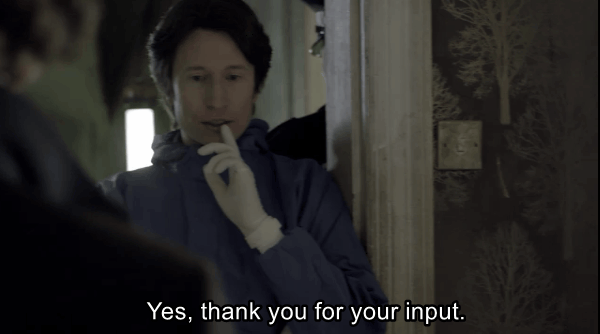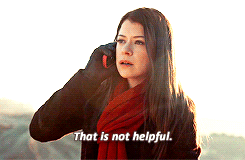This blog has done a lot of talking around already existing political fault lines. I’ve discussed how to trust, how to value your vote and how to maintain civil dialogue, but I’ve stayed away from directly influencing your politics. For good reason! It’s a sensitive issue that everyone feels very personally about, even if they don’t have a strong opinion and would prefer people don’t discuss it in their presence. Nonetheless, it is hard to make much of politics if we aren’t prepared to build or buy into a political philosophy, and there are a handful of non-partisan steps we can take to make sure that our information is directing meaningful action towards functional accountability in our system.
To start at the beginning: distinguish what is actually political.

Sometimes it feels like every choice can be a political one, from the way we wear our hair to the brands of shoes we buy. And yes, personal choices are often reflections of a political philosophy. But that’s not really something that can be affected by voting. Answering a single question can easily let you know what counts: does the government (local, state, federal) have the power to affect this? The list that emerges is full of the big items that voters say they care about every election: the economy, jobs, health, food, safety, civil rights, security, education, immigration, transportation, environment, the judiciary, etcetera. This is the starting line for what we can affect politically.
Now that you have the big categories that government can affect (whether or not you want them to), consider which systems you interact with regularly.

As a city-dweller, I am constantly interacting with transportation, and it’s a big local issue. If you travel frequently or have family in a foreign country, immigration law might be something you interact with regularly. If you or a loved one has dealt with serious injury, maybe you’ll interact more regularly with health care and insurance companies. Make a list of the stuff that immediately stands out to you, without creating any kind of order.
Ok, now you know what I’m going to say: rank the political areas that mean the most to you. Think about what engages you, what motivates you, what ignites your passions. What is something that makes you want to learn?

Don’t be ashamed of your ranking or think that it’s unimportant. This is your list of what is essential to your politics. This is the stuff that will get you to the voting booth. You have no obligation to make your list look like others’ lists. Set the most urgent issues at the top, and go in descending order for whatever makes you pay more attention to your politicians.
Finally, you’re ready to think about results you want from these political areas. Instinct will have you cast your mind towards utopian scenarios where things are perfect and completely fixed. Avoid that impulse for a moment, and ask about something a little different: what is the least you’d accept as progress? If you want a local trash pickup that is environmentally friendly, would you accept publicly funded recycling bins as a start? If you think taxes are too high, can you think of a cut that would set your mind at ease that they’re going the right direction?

Have an idea of the minimum results you’d accept from elected officials, and what would disappoint you.
The beauty of this process is that it is ongoing and versatile. If you’re practicing citizenship regularly, you’ll find yourself doing this process over and over again as old problems are addressed and new ones crop up. It can be used on local issues like designating park area, designing bike paths and alleviating traffic problems, or it can function as a blueprint for national politics. It doesn’t require sharing, but this exercise should help clarify a worldview for you. It should help you determine what kind of results you really want from government and the consequences of those choices.
At the end of Part I, we should all have a strong idea of what government means to us, and what we think it should be doing, independent of what others want or say. And Part II? You’ll have to wait and see.

















